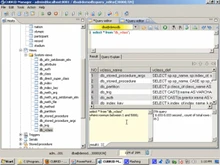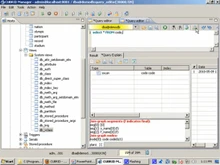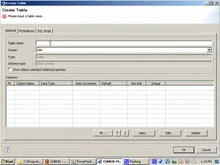Autonomous Data Warehouse vs CUBRID Comparison FAQs
Software questions,
answered
While Autonomous Data Warehouse offers customized features, CUBRID has diverse modules. Select between Autonomous Data Warehouse or CUBRID as per your business needs.
Both these products offer similar features but with a different approach. While Autonomous Data Warehouse emphasizes on user experiences, CUBRID focuses on functionalities.
It all depends on the functionalities that you prefer. While Autonomous Data Warehouse offers add-ons along with essential features, CUBRID emphasizes on customization.
No, the difference between Autonomous Data Warehouse and CUBRID lies in terms of features and functionalities. While Autonomous Data Warehouse can be customized as per the user’s needs, CUBRID addresses the diverse audience.
It depends upon your business requirement. Both Autonomous Data Warehouse and CUBRID provides standard features to cater diverse industry needs.
The difference lies in terms of the user interface and functionalities. While Autonomous Data Warehouse is customizable, Autonomous Data Warehouse offers comprehensive modules.


 1 Ratings & 1 Reviews
1 Ratings & 1 Reviews



















